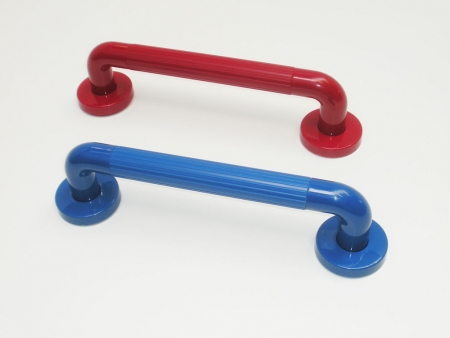A person with dementia can still lead an independent life in their own home. However, it makes sense to take precautions and ensure that they stay safe, especially if they live alone.
Set out below are just some of the key areas which family and friends should look at closely in order to keep the home safe.
Around the home
People living with dementia are more likely to wander and run the risk of falling, so remove all potential trip hazards. In particular make sure that carpets are firmly secured to the floor and, if necessary, take away loose rugs completely.
Make sure the house is well lit, particularly in doorways, hallways and staircases to avoid confusing shadows. Consider painting the start of the stairs in a contrasting colour to make them easier to see.
High visibility signage will also help to identify the most important rooms in the home, for example, the toilet which may need to be found in a hurry. CLICK HERE
If a person is living alone, fix them up with a simple alarm system so that they can alert a relative or neighbour in case of a fall or other problem. Keep important contact numbers in a list by the telephone.
Check if the person with dementia is able to use electrical appliances safely and remove them, along with other potentially dangerous items (e.g. electric drills, saws etc) if not.
Make sure that doors can be locked properly and perhaps leave a spare set of keys with a neighbour for emergency access.
In the bathroom & toilet
To cater for the gradual loss of balance, consider the use of purpose-designed safety equipment to make the toileting and bathing process safer, for example grab bars CLICK HERE, elevated toilet seats, toilet frames or shower chairs. Consider also installing coloured toilet seats CLICK HERE and grab rails which contrast with their surroundings and are easier for a person with impaired vision to pick out.
If getting into the bath or shower is still a problem, using a body wash that cleans effectively without water or rinsing could be the answer. They’re easy to use and allow you to wash all over or just certain parts of the body. CLICK HERE
Place non-slips mats outside the shower or bath.
A person with dementia may have difficulty assessing heat, so check the hot water temperature and lower if necessary to avoid scalding.
Kitchen
Make sure the person with dementia is properly hydrated and has a healthy diet with plenty of fresh fruit and vegetables to promote wellbeing and minimise the risk of falls.
Check for food past its sell by date which could cause sickness.
For people with limited dexterity and a weakened grip, making a hot drink could be a hazard, so a specially designed kettle tipper will help them to pour boiling water safely. CLICK HERE
Medication
Check the cupboards for out of date medications or harmful substances that could cause problems if ingested.
Use a pill dispenser to ensure that medication is being administered safely and taken at the correct times. CLICK HERE
Mobility
Those who wish to stay active and move around comfortably can choose from a range of mobility aids including walking sticks, walking frames and stylish wheelchairs. Whether you’re indoors or outdoors, the right product can help to reduce the risk of falls. CLICK HERE
Out and about
In the early stages of dementia a person may still be fully mobile and able to leave the home, but it’s a sensible precaution to make sure they always have some kind of identification on them.
If a person frequently wanders, make sure they have a tracking device on them.
People with dementia can often still drive but you must seek advice from a doctor to advise when it is no longer safe to do so.
Summary
It’s important to keep safety and hygiene in mind at all times and these are just some of the key factors to bear in mind. You may also wish to seek specialist advice from an occupational therapist and, if necessary, consider moving the person living with dementia to a residential home.




